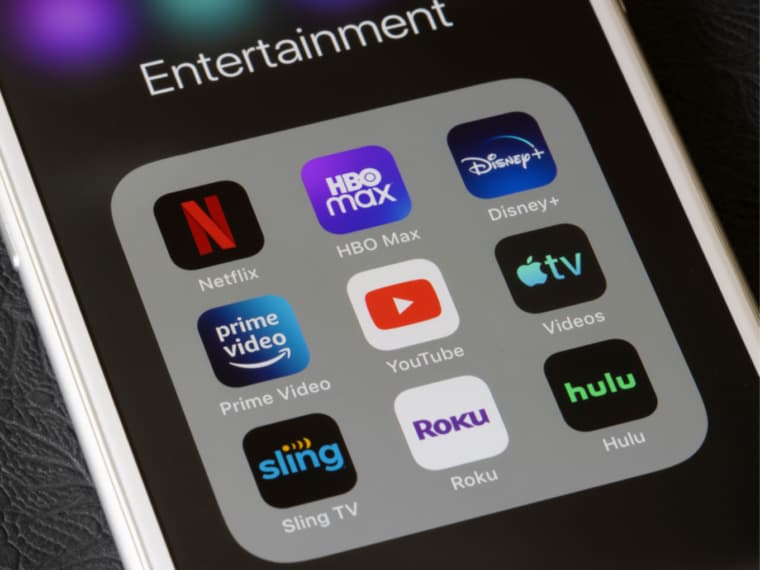
The change comes after TRAI prior recommendation to impose regulations on OTT communication apps
The Telecom Bill is expected to be tabled in the Parliament during the Winter Session
The DoT is of the opinion that the existing definition of teleservices under the Indian Telegraph Act is good enough
In a significant development for over-the-top (OTT) platforms, the Department of Telecommunications (DoT) has decided not to categorise these services as telecommunications services in the forthcoming Telecom Bill.
This move effectively exempts them from any telecom-specific regulations.
The change in stance from the DoT comes after the Telecom Regulatory Authority of India’s (TRAI) prior recommendation to impose regulations on OTT communication apps. TRAI had also suggested the selective banning of certain OTT services in a consultation paper.
The Telecom Bill is expected to be tabled in the Parliament during the Winter Session. The new Bill seeks to replace three current laws – the Indian Telegraph Act, 1885, the Indian Wireless Telegraphy Act, 1933 and the Telegraph Wires (Unlawful Possession) Act, 1950 – to bring regulation up to speed with technology.
According to an official cited by ET, the Department of Telecommunications (DoT) believes that the current definition of teleservices in the Indian Telegraph Act is sufficiently comprehensive, eliminating the need to include OTT platforms in the upcoming Telecom Bill.
The official also told the publication that the DoT is not looking to regulate OTT at all.
As reported by ET, citing official sources, the existing terms of the Telegraph Act encompass all forms of communication that take place over telecommunications networks. Although this legal framework grants the government the authority to regulate OTT platforms, it has elected to refrain from exercising this option.
With this, the Ministry of Electronics and IT (MeitY) will become the nodal ministry to regulate OTT players like WhatsApp, while for streaming apps like Netflix, the Ministry of Information and Broadcasting (MIB) will take over the responsibility of being the nodal regulatory authority.
The two ministries are also working on separate bills to regulate specific OTT apps further. For instance, MeitY is working on the Digital India Act, while the MIB is working on the Broadcasting Services Bill.
The decision to remove OTT apps from the Telecom Bill will come as a major relief to all the players who would otherwise be liable to pay regulatory fees to the government.
Not regulating OTT apps was also a demand being raised by several industry bodies.
In its response to TRAI’s consultation paper, the Broadband India Forum (BIF) had said earlier this month that such an action might disrupt the existing competitive landscape and compromise consumer benefits and innovation.
The decision from the DoT comes against the backdrop of a larger resistance from existing traditional players, such as telcos and cable TV networks, against emerging technologies like OTT apps and streaming services.
The resistance stems from the gap in regulation between older players and new kids on the block. While telcos, television and other media are strictly regulated, legislation has yet to catch up with new-age players.




 Fintech
Fintech Travel Tech
Travel Tech Electric Vehicle
Electric Vehicle Health Tech
Health Tech Edtech
Edtech IT
IT Logistics
Logistics Retail
Retail Ecommerce
Ecommerce Startup Ecosystem
Startup Ecosystem Enterprise Tech
Enterprise Tech Clean Tech
Clean Tech Consumer Internet
Consumer Internet Agritech
Agritech




























